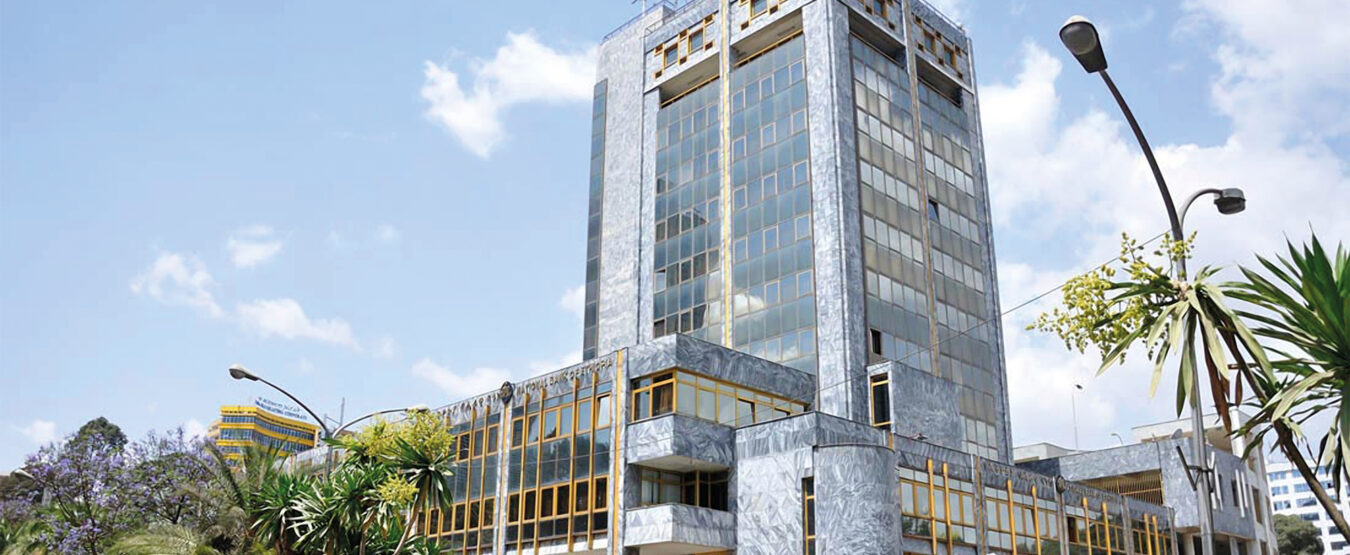The National Bank of Ethiopia (NBE) has announced a significant change in its forex policy to address the country’s rising inflation. The amount of forex that exporting firms can retain after exporting commodities has been increased from 30% to 50%. This measure is aimed at encouraging exporters, particularly those in the manufacturing sector, and is part of the NBE’s monetary measures to contain inflation.
The NBE Governor, Mamo Mihretu, highlighted several challenges facing the country’s macroeconomy, including income deficit, economic imbalance, and high inflation. To address these issues, the NBE plans to limit the growth of government expenditure to reduce the budget deficit. The governor noted that it is necessary to fill the budget deficit from local sources due to limitations on foreign loans and grants.
Inflation has been a significant issue in Ethiopia, with a growth rate of 16% on average over the last ten years. In the last two years, inflation has risen to more than 30%. This has severely affected fixed and low-income earners, leading to social, economic, and political risks and causing macroeconomic imbalance.
The governor attributed the high inflation to limitations on supply, high production costs, ineffective macroeconomic policies, and impacts of the COVID-19 pandemic. Conflicts in different parts of the country have also affected agricultural production and distribution.
As part of its long-term strategy to reduce inflation, the government plans to improve supply and transform agricultural production significantly. Measures will also be taken to improve transportation services, logistics provision, and competitiveness.
The government aims to reduce the inflation rate to less than 20% by June 7, 2024, and even further to less than 10% by 2025.
The new forex policy is a positive step towards addressing Ethiopia’s rising inflation. By encouraging exporters and improving supply, the government can help to reduce the cost of goods and services and improve the lives of Ethiopians.



